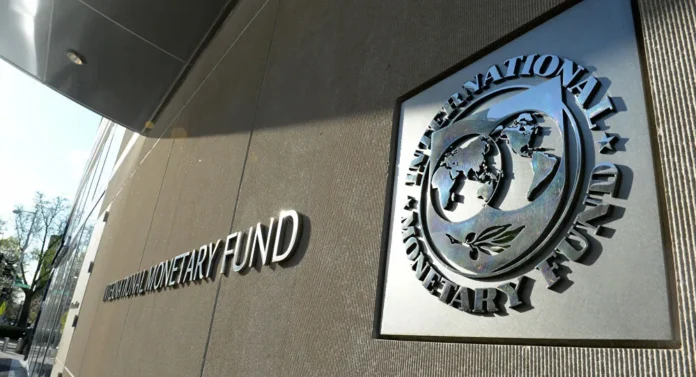Experts from the International Monetary Fund mission complimented the Central Bank of Iraq’s steps for sustaining the Iraqi economy’s stability and increasing its capabilities.
The mission stated in the final statement on the sidelines of the meetings held in the Jordanian capital, Amman, according to a statement from the Central Bank of Iraq received by Al-Rab’a, that “growth has returned in the non-oil sector in a strong way in the year 2023, with inflation receding, and growth in the real GDP is estimated.” Non-oil prices rose by 6% in 2023, following a decline in 2022, and overall inflation fell from 7.5 percent at the start of 2023 to 4 percent by the end of the year, reflecting the national decline in food and energy prices.
The mission ascribed these improvements to “the normalization of trade financing operations and the stability of the foreign exchange market.” After some interruptions occurred following the implementation of new controls to combat money laundering and combating the financing of terrorism on cross-border payments in November 2022, improved compliance with the new system led to “And the initiatives of the Central Bank of Iraq to reduce the transaction processing time led to a recovery in trade financing in the second half of 2023, and this ensured the private sector’s ability to obtain foreign currency at official
The task force commended “the initial steps taken towards establishing the Treasury Single Account (TSA), which is considered a critical tool for improving cash liquidity management.”
The delegation applauded “the Central Bank of Iraq’s efforts to get rid of surplus liquidity.” The Central Bank boosted interest rates on monetary policy instruments and statutory reserve requirements. It also started issuing treasury notes with a 14-day maturity last summer.”
The International Monetary Fund (IMF) recommended “supporting existing efforts by the Central Bank by consolidating unused government deposits in the unified treasury account, refraining from pro-cyclical financial policy, reducing reliance on monetary financing, and improving public debt management,” in addition to “continuing efforts.” “Aiming to establish an interbank market with the support of technical assistance provided by the International Monetary Fund.”
The task force commended “the steps taken by the authorities to accelerate the pace of digitization of the economy, reduce dependence on cash and enhance financial inclusion.”





